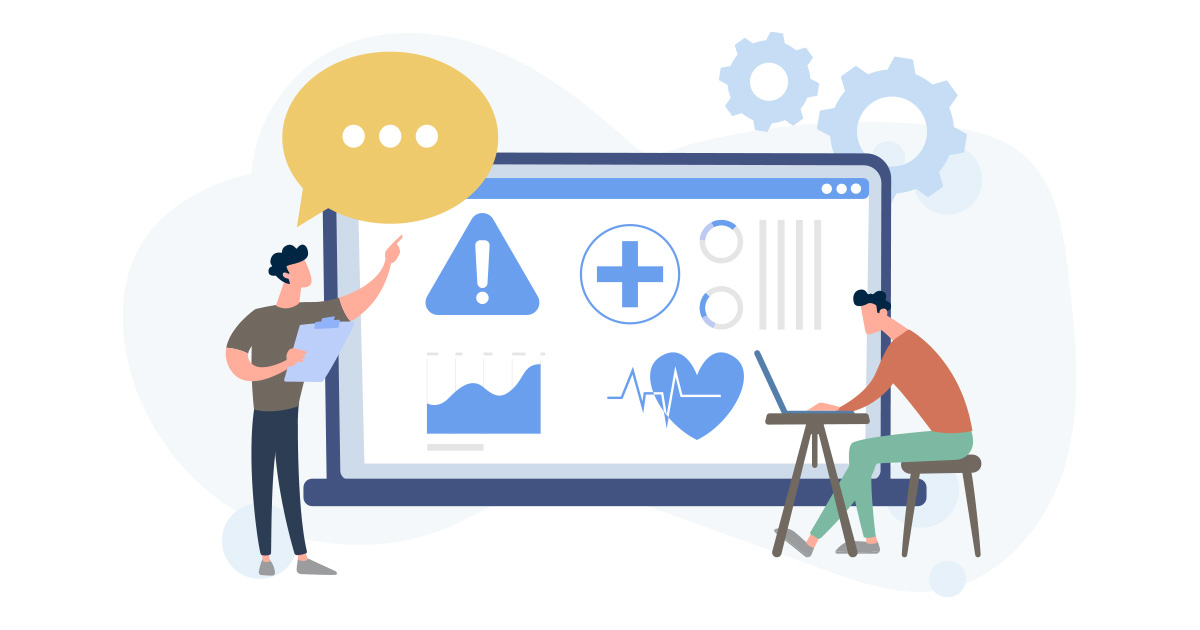Healthcare organizations provide essential medical services, but the industry's complexities involve inherent risks. Healthcare Risk Management Week is an essential annual event highlighting the significance of proactive risk management in healthcare settings. 
What is Healthcare Risk Management?
Healthcare Risk Management involves identifying, assessing, and mitigating risks within healthcare organizations to ensure patient safety, protect assets, and maintain compliance with regulations. It encompasses a range of activities, including developing and implementing policies and procedures, analyzing potential risks, and continuously improving systems and processes to minimize events.
Why is it important to discuss Healthcare Risk Management?
- Patient Safety: Healthcare Risk Management is primarily focused on safeguarding patient well-being. By identifying and addressing risks, organizations can prevent medical errors, reduce patient harm, and enhance the overall quality of care.
- Legal and Regulatory Compliance: Compliance with laws and regulations is crucial for healthcare organizations. Effective risk management helps mitigate legal and regulatory risks, protecting organizations from potential penalties, lawsuits, and reputational damage.
- Financial Stability: Managing risks within organizations contributes to financial stability. Risk management can mitigate financial risk, enhance revenue integrity, and protect against fraud and abuse by reducing errors, preventing adverse events, and ensuring proper billing and coding practices.
- Organizational Reputation: Public trust is paramount in healthcare. A robust risk management program demonstrates an organization’s commitment to patient safety and quality care, enhancing its reputation among the community and stakeholders.
Raising Awareness of Healthcare Risk Management
- Education and Training: Conduct workshops, seminars, or webinars to educate professionals, administrators, and staff about the importance of risk management. These sessions can cover topics like identifying risks, implementing preventative measures, and reporting incidents.
- Collaboration: Foster collaboration among healthcare organizations, professional associations, and regulatory bodies to share best practices, case studies, and success stories in risk management. Encourage open dialogue and knowledge exchange to improve risk management practices collectively.
- Public Awareness Campaigns: Utilize various channels such as social media, websites, and traditional media to disseminate accurate information about healthcare risk management to the public. Engage in public discussions, publish articles, and share patient stories highlighting the importance of proactive risk management in healthcare.
- Policy Advocacy: Encourage advocacy efforts to promote policies that support risk management in healthcare settings. Collaborate with policymakers and industry leaders to shape regulations and guidelines prioritizing patient safety and risk reduction.
Conclusion
Healthcare Risk Management Week provides a valuable opportunity to shed light on the significance of proactive risk management in healthcare organizations. By prioritizing patient safety, compliance, financial stability, and reputation, risk management efforts contribute to better overall outcomes in the healthcare industry. Through education, collaboration, public awareness campaigns, and policy advocacy, we can raise awareness and promote the adoption of effective risk management practices, ultimately improving the quality of healthcare delivery.
